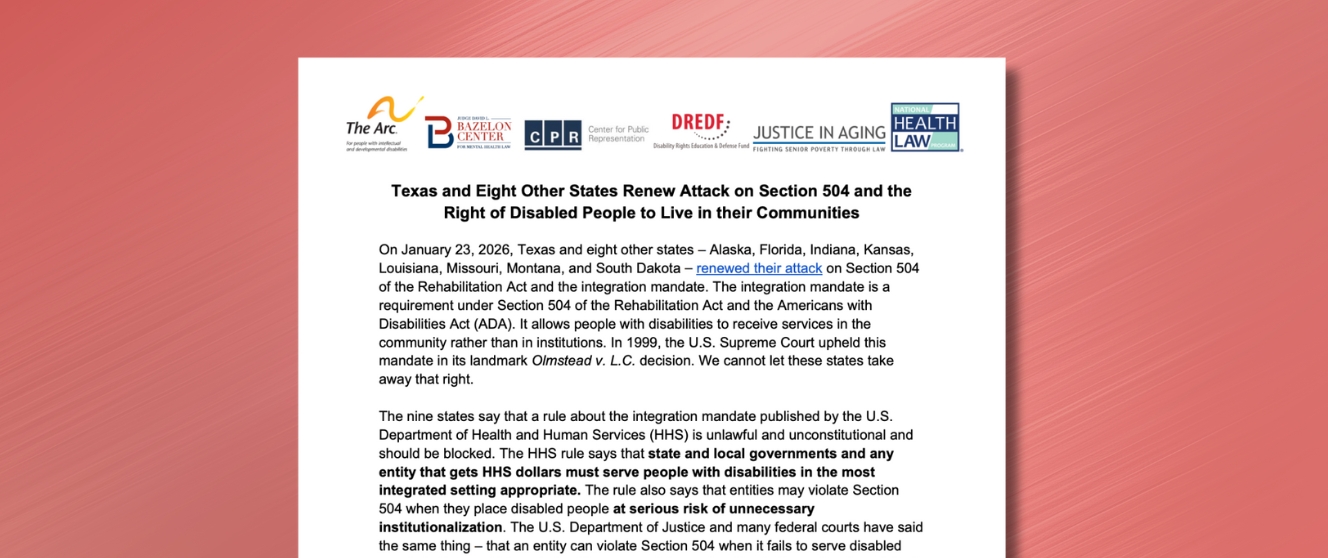
Ninth Circuit Takes California Department Of Education to Task in Major and Unprecedented Ruling for State’s Schoolchildren
December 15, 2016
The Ninth Circuit affirmed U.S. Northern California District Court Judge Thelton Henderson’s orders that the California Department of Education (CDE) must implement a corrective action plan designed to ensure that its special education monitoring system would comply with the federal Individuals with Disabilities Education Act (IDEA) and the Consent Decree in the case, a class action brought to protect the special education rights of students with disabilities. The decision is the culmination of nearly 20 years of attempting to reform failed local and state-level special education policies.
While the case involved IDEA compliance by a local school district, Ravenswood City School District, the case also challenged the failure of CDE to fulfill its obligation to ensure that the students in that district received appropriate education.
When Judge Henderson determined in 2014 that CDE had failed to demonstrate the efficacy of its proffered state-level monitoring system, and subsequently ordered the court monitor to develop and oversee the implementation of a corrective action plan to remedy CDE’s deficient monitoring system, CDE appealed to the Ninth Circuit. It argued primarily that the district court lacked jurisdiction to issue such orders.
But the Ninth Circuit rebuked CDE, noting that the Consent Decree and subsequent joint statements demonstrate that the parties “intended to grant the district court broad authority to ensure the adequacy of the monitoring system, including the authority to order the development and implementation of an Action Plan.”
“This is a major and unprecedented victory for children with disabilities. The corrective action
plan requires reforms to the design of CDE’s state-level monitoring system that will benefit all concerned about CDE’s responsibilities to monitor and enforce special education laws,” said Larisa Cummings, DREDF staff attorney representing plaintiffs. According to co-counsel William Koski, from the Stanford Youth and Education Law Project, “It is gratifying that the Ninth Circuit upheld Judge Henderson’s detailed, thoughtful decisions and his deep concern for students with disabilities.”

